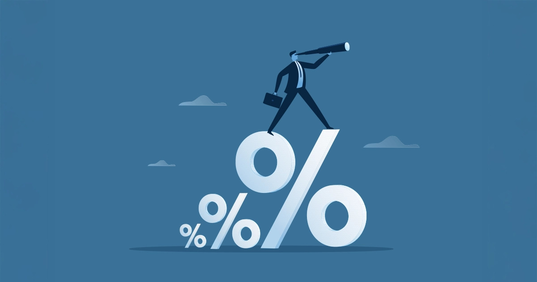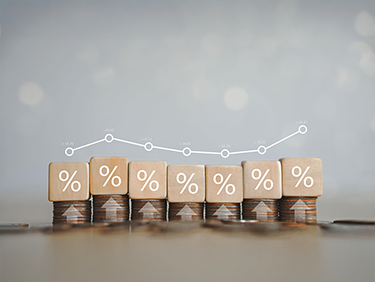
-
HC Securities & Investment shared their expectations on the likely outcome of the MPC meeting scheduled June 23rd and based on Egypt’s current situation, they expect the CBE to keep interest rates unchanged
Head of macro and financials at HC, Monette Doss commented: “The May inflation figure came in lower than our estimate of 14.0% y-o-y, and we expect it to average 14.4% over the rest of the year, however, well above the CBE’s inflation target of 7% (+/-2% for 4Q22). We believe inflation is largely imported and reflects some product shortages due to less domestic manufacturing and lower importation. Egypt’s PMI came in at 47.0 in May, with the data pointing to low consumer spending, falling new order volumes at the quickest pace since 2020, and reduced business input purchases and staffing. We believe that consumer and business spending is largely subdued, with much of the liquidity directed to high-yield banking deposits. As of April 2022, local currency deposits increased to c66% of GDP from the pre-pandemic level of c49% in April 2019. However, domestic credit to the private business sector remained subdued at c20% of GDP in April 2022, slightly up from c16% in April 2019, and below its pre-revolution level of c26% in April 2010. Given the current economic dynamics, we believe that further interest rate hikes will not prove effective in combating inflation and could prove self-defeating by suppressing business activity, leading to more supply shortages. We still believe that carry trade is essential for supporting Egypt’s net international reserves (NIR) given its recent decline to USD35.5bn in May from USD40.9bn in February, the drop in foreign currency deposits not included in official reserves to USD1.04bn in May from USD9.2bn in February, and the widening net foreign liability position of the banking sector to USD12.7bn in April from USD3.29bn in February. However, an overvalued EGP, as indicated by the JP Morgan real effective exchange rate index at 108 bps, the change in outlook on the Egyptian economy to negative from stable by Moody’s, the emerging markets sell-off , and subdued increase in 12M T-bills are hindering carry-trade and diluting the benefit of an interest rate hike, in our view. We note that the yield on 12M T-bills increased by only 90 bps following the 300 bps policy rate hikes, while the yield on 3M T-bills increased by 370 bps. This resulted in low coverage of the longer-term T-bill auctions, reducing the weighted average duration of issued T-bills from 22 March to 16 June to 5.5 months, from 9.8 months (from 1 January to 15 March). Given Egypt’s current 1-year USD credit default swap at 808 bps, and given the Egypt-US inflation differential, we believe interest on 12M T-bill rates should increase to the north of 16.0% to reflect the 300 bps rate hike undertaken so far, to translate to a real interest of 0.27% from -1.73% currently, before resorting to hiking rates further. That said, we expect the MPC to keep rates unchanged in its upcoming meeting.”
It is worth mentioning that, in its last meeting on 19 May, the Central Bank of Egypt’s (CBE) Monetary Policy Committee (MPC) decided to increase key policy rates by 200 bps after increasing it by 100 bps in March and following the Federal Reserve Bank’s (Fed) decisions to increase the interest rate by 25 bps in March and by 50 bps in May. The Fed also said that it is likely to increase interest rate by 50-75 bps in its next meeting in July. Egypt’s annual headline inflation accelerated to 13.5% in May from 13.1% in the previous month, with monthly inflation increasing 1.1% m-o-m, compared to an increase of 3.3% m-o-m in April, according to data published by the Central Agency for Public Mobilization and Statistics (CAPMAS).


